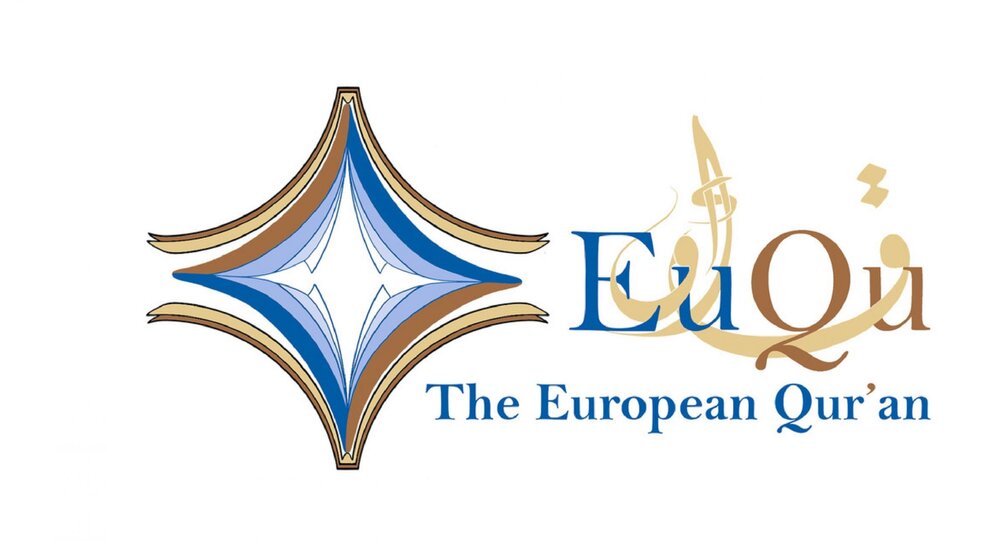Hawzah News Agency –The summer school is open to doctoral students enrolled in any country, in any discipline, as long as their dissertation subject and the proposed talk are related to the theme of the summer school.
How have Christian authors in Europe used and appropriated the Qur’an? We are interested in how the Qur’an was used as a historical and linguistic archive, as a mine of heretical ideas and as a tool used in confessional rivalries.
Our focus will not be restricted to the main confessional camps, Roman Catholic and Protestant, but will also include the many ways in which groups of the so called radical Reformation (Socianians and other anti-Trinitarian movements), different groups inside the Roman Catholic world, as well as Deist, Muslim and Jewish authors in Europe, used the Qur’an in their polemical writings.
We will also study how translations of the Qur’an were deployed as argumentative weapons for preaching the superiority of Christianity to Mudejars and Moriscos in Spain. Additionally, the question of nationalist motivations in the collecting and translating of the Qur’an will also be taken into consideration: beginning in the late 17th century, various European countries vied with one another to produce the best translation of the Qur’an made directly from the Arabic.
We will further investigate if and how polemical and historical uses of the Qur’an changed in the late 17th and 18th century and early 19th century. The Qur’an continues to play an important role in polemical writings, in political as well as religious domains.
Important Data
Date: 13-17 June 2022
Venue: Nantes, Maison des Sciences de l’Homme Ange Guépin, 5 allée Jacques Berque, 44021 Nantes Cedex 1, Simone Veil Amphitheatre
Organized by: ERC project “The European Qur’an”
Format:
A series of roundtables with presentations of research by PhD students and postdocs. Each roundtable will be hosted by two colleagues.
Presentations may be made in English or in French.
Eligibility:
The summer school is open to doctoral students enrolled in any country, in any discipline, as long as their dissertation subject and the proposed talk are related to the theme of the summer school.
Costs:
The summer school will be financed by EuQu and the University of Nantes and will be free of cost to the students accepted. Participants will be lodged in student housing at no cost. Lunch will be provided free to participants. Travel to Nantes will not be paid by EuQu, and participants should seek funding from their home institutions.
Format:
The summer school will take place 13-17 June 2022. Doctoral students will each make a 20-minute presentation; faculty from EuQu and other partner institutions will chair the panels and give their reactions to student presentations. While it is preferable to attend the full summer school in Nantes, in some cases online presentations will be accepted.
Covid protocol during the event :
Due to sanitary protocols and restrictions, you may need to show a “green pass”: a proof of vaccination or negative PCR test before entering the premises.
Submission guidelines:
Proposals for a 20-minute paper may be submitted, by December 15, 2021, to euqu@univ-nantes.fr. Proposals may be in English or in French and should consist of a .doc file containing:
full name and affiliation of the doctoral student, along with the name(s) of their dissertation director(s)
title for the proposed communication
an abstract (200-500 words) of the communication
a list of 5-10 keywords
A CV
Approval and confirmation:
The program committee will confirm receipt of each proposition and will respond by 31 January 2022. A draft of the paper should be sent by 15 May 2022 to permit pre-circulation among the participants.
Program committee :
Maurizio Busca
Florence Ninitte
Irene Reginato
Emmanuelle Stefanidis
John Tolan


Your Comment